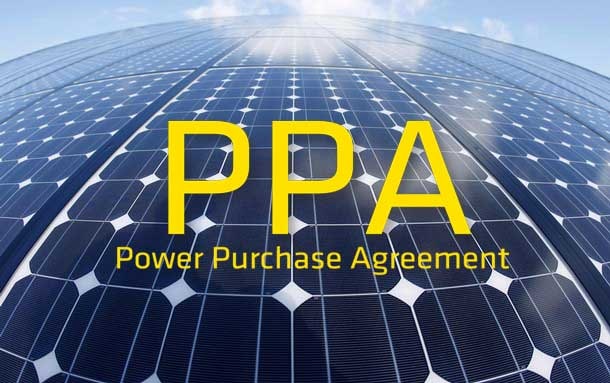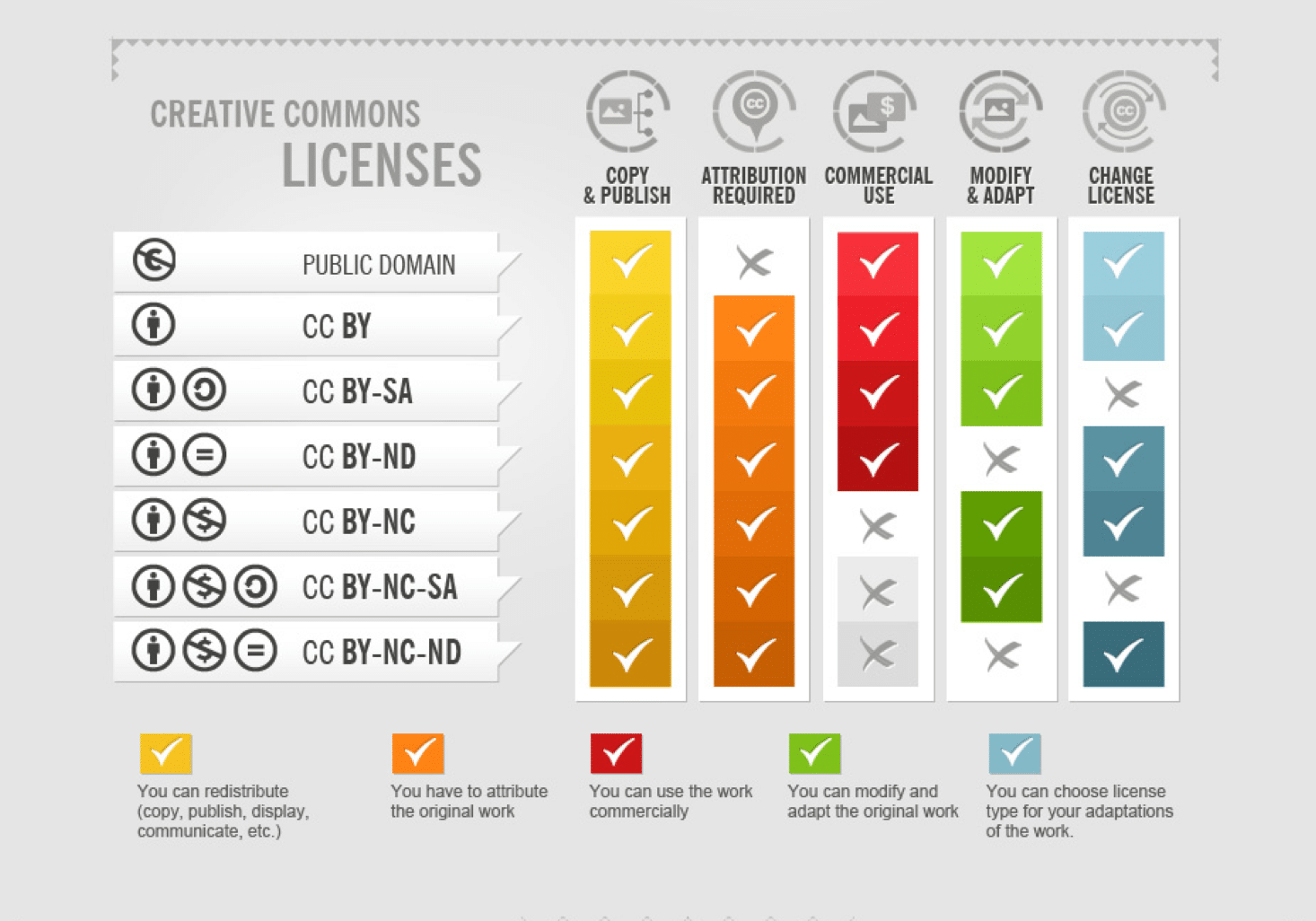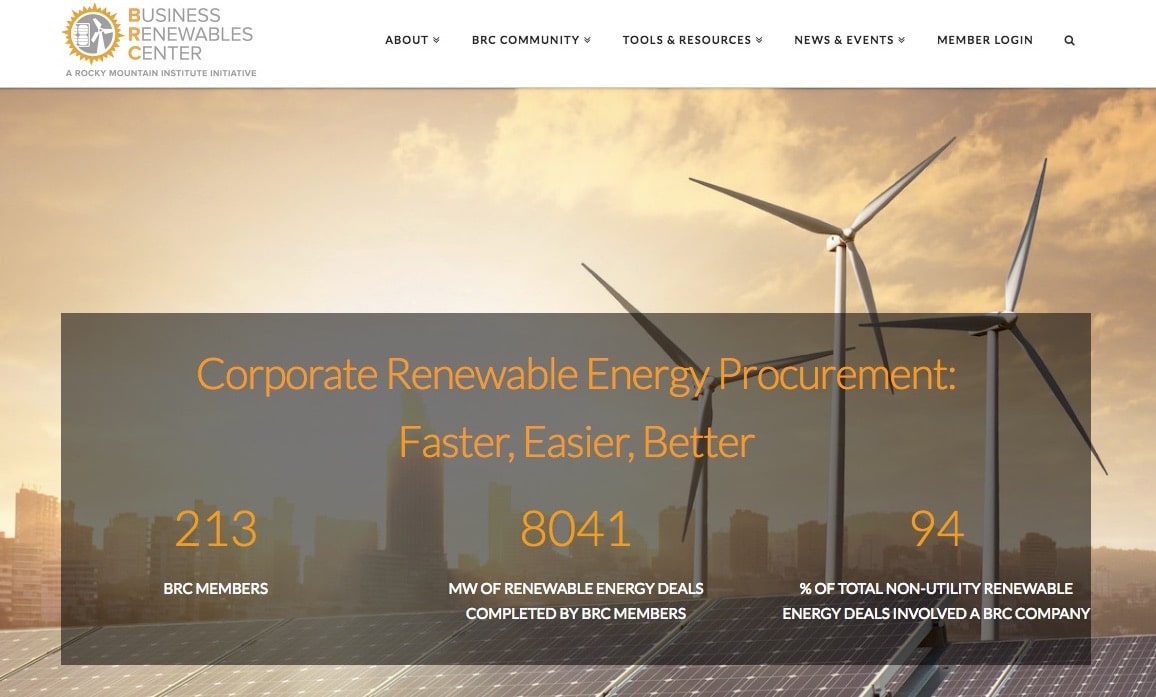Our Approach - Patterns by Sector
Some sectors such as wind and solar development are mature enough to have encountered most of the future unfoldments that were uncertain and speculative at the outset. Terms and conditions have evolved into standard patterns. Many other sectors such as agriculture have historical financing patterns that may remain highly applicable while they may also be improved by incorporating recent social equity aspirations. Each sector has its unique contexts, while all will benefit from an open cross fertilization to better understand the benefits of Impact Procurement.
Our Mission is to accelerate the transformation to the Regenerative Economy by raising awareness of the power and ease of utilizing Impact Procurement Agreements “IPAs” to re-direct future ongoing supply chain expenditures. We will develop and share knowledge about Impact Procurement Patterns by Sector, developing template IPAs available to all under the Creative Commons License.
The history and development of the Creative Commons License is a useful metaphor for our undertaking and the expected societal and business value from broad understanding of Impact Procurement Agreements.
By way of analogy, the Rocky Mountain Institute’s Business Renewables Center provides a model of excellence – in their case for renewable energy – for the knowledge network we are forming. Excerpted from their website:
- HOW CORPORATE RENEWABLE DEALS GET DONE. Since launching in 2015, the BRC has helped more than 200 companies complete more than 7,000 MW of renewable energy deals.
- What is the Business Renewables Center? The Business Renewables Center (BRC) is a membership platform that streamlines and accelerates corporate purchasing of off-site, large-scale wind and solar energy.
- Why It Matters. Nearly two-thirds of Fortune 100 and nearly half of Fortune 500 companies have set ambitious renewable energy targets. The BRC helps corporations unlock the tremendous opportunity to scale up and reduce the transactional complexity of renewable power purchase agreements (PPAs).
Focus on the Impact Procurement Agreement "IPA"
Historically and although the analogy applies to mining and extractive practices, which are definitively not contemplated in Impact Procurement Agreements, this definition by Investopia is useful:
“An offtake agreement is an agreement between a producer of a resource and a buyer of a resource to purchase or sell portions of the producer’s future production. An offtake agreement is normally negotiated prior to the construction of a facility such as a mine, in order to secure a market for the future output of the facility. If lenders can see the company has a purchaser of its production, it makes it easier to obtain financing to construct a facility”.
In the last decade or so, a form of offtake agreement, The Power Purchase Agreement, has unlocked USD 16 Billion in new investment in clean energy between 2004-2016 and is an example of an Impact Procurement Agreement.
“The PPA defines all of the commercial terms for the sale of electricity between the two parties, including when the project will begin commercial operation, schedule for delivery of electricity, penalties for under delivery, payment terms, and termination. A PPA is the principal agreement that defines the revenue and credit quality of a generating project and is thus a key instrument of project finance”. To learn more click on this line to open the complete description in Wikipedia.


Supply chain expenditures generally recur, week after week, month after month aggregating into trillions per year. Currently they continue to support business as usual procurement which time has shown is too often bad for people and the planet.
Imagine instead, executing commitments today to redirect those recurring expenditures – once capacity is in place – to dramatically grow the Regenerative Economy. This is the essence of what an Impact Procurement Agreement does. Image a future in which people and planet thrive together. Become a Champion of this future.
Understanding the Criteria for Impact Procurement
We are asking our Champions to help us answer the questions below. How would you answer them?
- What are some of the key challenges you’re currently having with procurement?
- What companies do you admire or who you think are doing an exceptional job with sustainable sourcing?
- What were some of the challenges you had in getting your team to shift toward a sustainable sourcing strategy?
- What do you consider the tipping point for key stakeholders within your organisation to shift toward a sustainable sourcing strategy?
- Do you see your peers making the same moves? Why or why not?
- How developed is the ecosystem of sustainable suppliers in your sector?
- What are your criteria for selecting sustainable suppliers as partners?
- What are the key challenges you face in identifying and entering into agreements for sustainable sourcing?
- What are some of the challenges you have in developing an ecosystem of sustainable suppliers?





